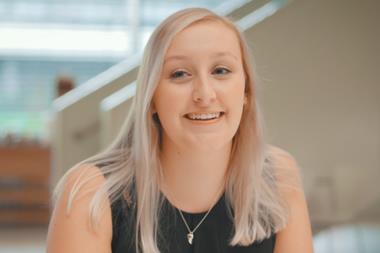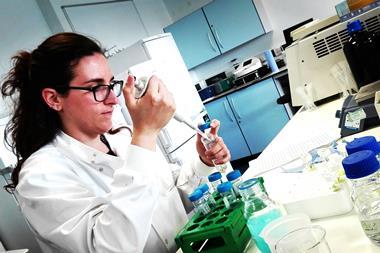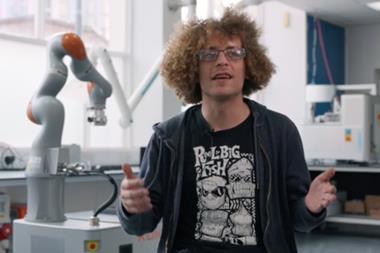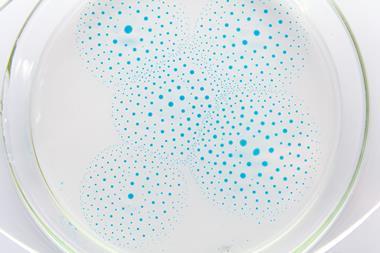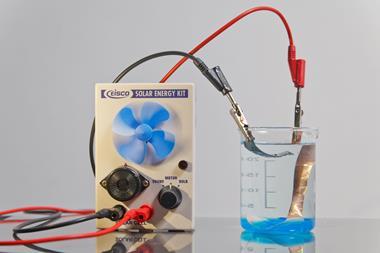Everything you need to know
-
- Salary range: Over 40k
- Minimum qualifications: PhD
- Skills required: Communication, idea-generation, problem-solving, results/data analysis, teamwork, management, scientific knowledge
- Training required: No specific additional training required
- Work–life balance: Engaged
- Locations: Find related work experience positions using our map of employers. Find out more about Oxford Nanopore Technologies on their website
More profiles like Jason's
How were you inspired to work in chemistry?
My first chemistry set as a child was the main inspiration — even as a small boy I was fascinated by chemistry and chemical reactions. At GCSE age, I chose all the sciences, and ended up doing better in physics than chemistry, but enjoyed the more practical aspect of chemistry.

I decided to study chemistry at university and had my eye on teaching. When I graduated, I decided that making a difference through research was more fulfilling for my needs and pursued a career as a research chemist. I still enjoy the teaching aspect, even now as I pass on knowledge and information in my current role. The endless pursuit of knowledge and learning keeps me going. Every day we learn something new, we solve problems, and we pass the knowledge along. That cycle is my driver.
How did your qualification help you get your job?
My role is multidisciplinary in nature, so the years of picking up skills in different areas of chemistry as I worked as a postdoctoral researcher allowed me to have all the skills required. I have a doctorate in electrochemistry, an understanding of modelling and fluidics, flow cell and reactor design and polymer chemistry. My analytical chemistry and problem solving skills also helped. I have worked on large European and industrially sponsored projects, so was familiar with the way projects are handled.
What is your typical day like?
I’m the senior director of chip research at Oxford Nanopore Technologies. There are days when I have a lot of project meetings to catch up with other group’s results relevant to my projects, or for the technical planning of short-term work packets. I will also spend time guiding the direction of experiments, remotely managing labs in our offices abroad, and reporting group results to management.
There are days when I have time to delve a little deeper into analysis and help to facilitate the day-to-day technical output of the group.
What do you love about your job?
Every day brings new challenges. I love solving problems and making things work, and I thoroughly enjoy working with great people. I am proud to have a little part of me in every product that we make and love that scientists around the world use the technology to make life-changing discoveries and decisions. The demanding work and challenges we overcame to enable the existence of this technology are immensely rewarding to me. The work I am doing now will make further advancements and I love that I know something great will come out of it.
What tips or advice would you have for someone considering a career in chemistry, or interested in a role like yours?
Chemistry as a career choice offers many routes and options. As the discipline is formally cut into the four major categories — organic, inorganic, physical, and analytical — finding the area you have a passion for is useful. Many enjoy the challenge of creating compounds through synthetic routes, whilst others are motivated by the challenge of inorganic chemistry. I found that physical and analytical chemistry was where my interests lay and chose to pursue these routes in my career. I have never regretted following my heart over my head with regards to the decisions that lead me to where I am today.
First published 2021, updated 2025









